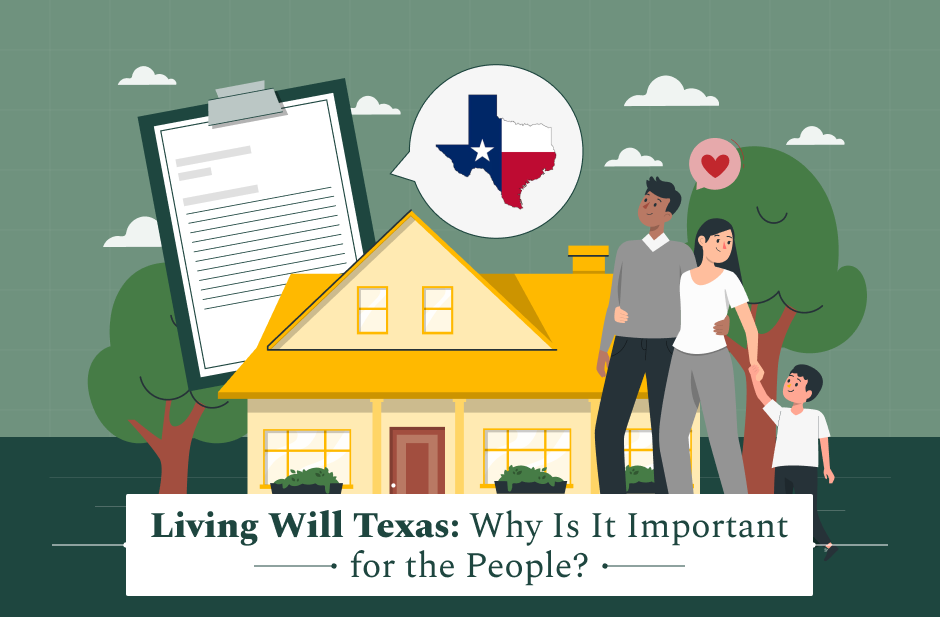Healthcare has come to be a very common term that we use on an almost daily basis. Health laws have thus become an important part, too. It is when the improvement of health is made a priority and steps are taken either by the individual, a particular group or organization working with that goal, or the Government itself.
The aim of health care and health laws is the protection and sustenance of health, primarily of the citizens of a nation. It includes the prevention, diagnosis, treatment, amelioration, and cure of illnesses and diseases. The prospects of healthcare also include care for one’s mental health.
Healthcare is mostly delivered by professionals who are trained to do it and have experience in the field.
Public health laws are often passed by the government that governs the healthcare practices of the nation.
How Do Health Laws Affect The Well-Being Of A Nation’s Citizens?
In the intricate composition of a nation’s well-being, the legal notes of health laws play a pivotal role. Join us on a journey through the impactful symphony of how health laws shape the vitality, resilience, and overall prosperity of a nation’s citizens—a harmony that resonates in every aspect of our collective health.
1. Shaping Public Health Policies
The symphony begins with the prelude of health laws shaping public health policies. These legal orchestrations set the tone for initiatives that safeguard communities, promote disease prevention, and establish frameworks for a robust and resilient public health infrastructure.
2. The Right to Access:
A resonant melody emerges as health laws grant citizens the right to access healthcare. This empowering note ensures that every individual, regardless of background or socio-economic status, has the opportunity to receive timely, quality medical care—a fundamental aspect of a nation’s well-being.
3. Nurturing a Healthier Tomorrow
In the preventive harmonies, health laws encourage proactive measures. From vaccination programs to health screenings, these legal notes compose a tune of early intervention and wellness initiatives that contribute to a healthier, more resilient nation.
4. Environmental Crescendo:
The symphony reaches a crescendo with health laws that protect the environment. Regulations against pollution, toxic substances, and unsustainable practices contribute to a harmonious environment, directly influencing the physical health of citizens and fostering a sustainable, thriving nation.
5. Mental Health Cadence:
A poignant cadence emerges with health laws addressing mental well-being. This note dismantles the stigma surrounding mental health, paving the way for accessible mental health services, awareness programs, and a more compassionate understanding of the challenges individuals face.
6. Ensuring Health Equity
Inclusive rhythms echo through health laws that prioritize health equity. These legal measures seek to address disparities in healthcare access, outcomes, and social determinants of health, ensuring that every citizen has an equal opportunity for a healthy and fulfilling life.
7. Patient Empowerment:
A solo performance arises with health laws that empower patients. This note champions informed consent, privacy protections, and the right to make personal health decisions, placing the individual at the center of their healthcare journey—a powerful melody of autonomy.
8. Emergency Resilience:
The symphony confronts crescendos of health crises, and health laws orchestrate emergency responses. From pandemic preparedness to swift crisis management, these legal notes showcase a nation’s resilience in the face of unforeseen challenges, safeguarding citizens in times of need.
How Is Healthcare Protected By The Government: Health Laws

The United States Government passes health laws that are designed in a manner that best protects public welfare and wellbeing. Healthcare varies across geographical locations based on the country’s socio-economic conditions and also on how proactive the government of such a nation is.
The following factors might affect the healthcare practices of a nation.
The Limitations Posed By One’s Finances.
Finances play a big role in exactly what kind of healthcare practices one might be able to afford.
The Geographical Location On Is Located In.
Healthcare systems in the third world are not up to the level of development that has been achieved in the first world or developing nations. Adverse weather conditions make it difficult for the government to carry on healthcare-related policies.
Limitations Of A Personal Nature.
When one is faced with limitations such as poor availability, lack of education, low-income brackets, and poor awareness about health, health care automatically becomes important.
What Does The World Health Organization Say?

The WHO, one of the primary bodies of the United Nations says that a full-functioning healthcare mechanism usually requires the following to carry on proper healthcare functions, they are.
A Working Health Care System.
This usually means that there is to be a fully organized system with the right infrastructure to do it. Healthcare is not going to be easily accessible to the population when there are no proper clinics or medication outlets nearby.
A Well-Trained Workforce.
According to health laws, when the workforce is hired or chosen by competent authorities, they have to be checked for proper qualifications, training, and ethical standards that are usually required for the proper execution of healthcare services.
What Are The Health Laws That Have Been Passed For Proper Implementation Of Healthcare?

These 8 primary healthcare laws are the main sources of decent healthcare for the public. Although there has been a very important latest addition to the list in the Biden administration. Let us have a look!
The Healthcare Quality Improvement Act Of 1986
This Act lays down that professionals who are involved in healthcare and related activities with the intention of doing good and helping people out with healthcare are not to be held liable if anything goes wrong. Thus, if a doctor is carrying out a complicated surgery and the patient passes away while still under their care, the doctor or other medical professionals will not be held liable or responsible.
Medicare And Medicaid
Medicare was passed by President Kennedy and provides insurance coverage for over 40 Million Americans, maybe even 50. Medicaid on the other hand is unique as it provides insurance to the ones that are usually not covered, such as mothers who are expecting, unemployed and disabled individuals, etc.
Children’s Health Insurance Program
The Children’s Healthcare Program was created with the ultimate aim of welfare whereby it guaranteed the health and well-being of children who hail from low-income backgrounds.
The Children’s Health Insurance Authorization Act
This piece of legislation passed by the United States Congress made sure that healthcare services were provided to citizens who were previously disqualified.
The Affordable Care Act
This Act made it possible for a vast part of the American Population to have access to healthcare services of decent quality.
Hospital Readmission Reduction Program
This Program was initially started as an initiative under the Affordable Care Act. Its primary aim was to establish a transparent system of working in order to make the system of communication with patients clearer and more ethical. This was done so that the medical professionals could convey to the patient proper discharge plans and reduce readmissions that could have been avoided.
The Health Insurance Portability And Accountability Act
This Act has served as a shield for many workers and employees as it allows them to carry forward their health insurance from one job to the other. It also provides one with the option to change insurance plans so that they can get back what coverage has been lost and also update according to changes such as marriage, children, etc.
Patient Safety And Quality Improvement Act
This Act is aimed to help out the part of the population that struggles with unsanitary surroundings. Many employees tend to fear reporting such circumstances. The PSQI makes sure that the people are able to report their complaints without any fear of losing their employment. Confidentiality has been guaranteed through this Act.
And It’s A Wrap!
Healthcare laws are always emerging. The Inflation Reduction is the latest addition to this list. It makes sure that medication is provided at reduced rates to senior citizens of the nation. It also makes beneficial changes to medical insurance practices which are allegedly to help out the citizens in the post-COVID economy.
This Article provides a brief and crisp guide to the health laws and regulations of the United States Of America. Do let us know if you found the article helpful!
Read Also:
















